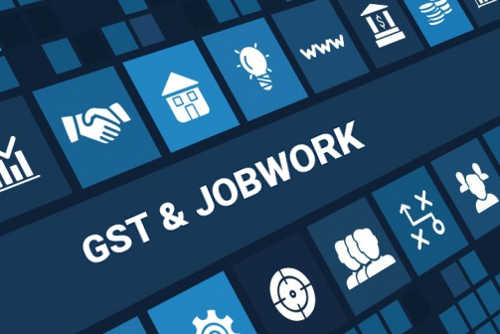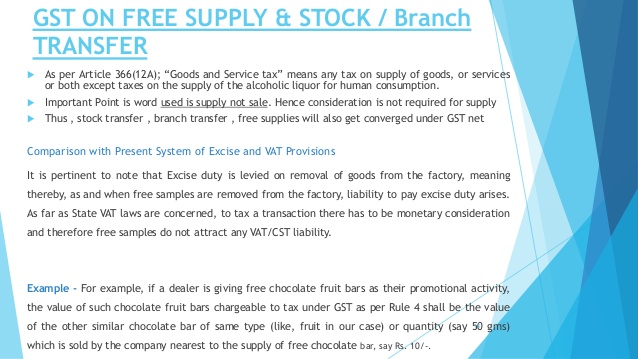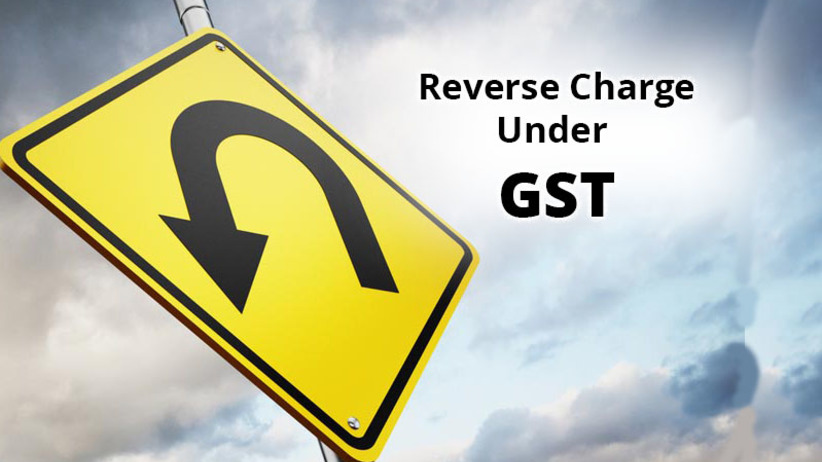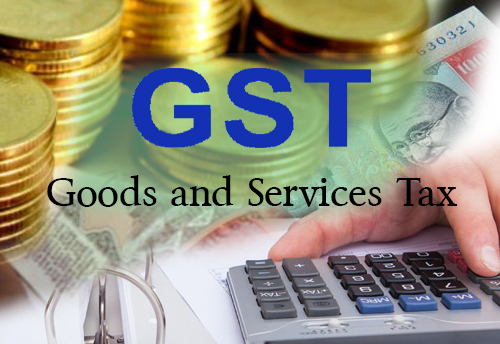Overview of Job Work under the GST regime

Overview of Job Work under the GST regime
Job work means any process or any treatment undertaken by a person as per the specification of another registered taxable person (Raw material supplier) on goods belonging to him. The person who undertakes to process and treat the goods called ‘Job Worker’ and the person to whom the goods are belonging is called ‘principal’. So what would be the tax liability on Job Work under GST regime
Job work Under GST- Definition
This definition of the job worker given in Notification No. 214/86 is much wider. In the aforesaid notification, the job work has been defined in a manner such to make sure that the activity involved in job work must be considered as manufacture. Accordingly, the definition of job work itself mirrors the changes in the basic design of taxation in relation to job work in the Goods and Service Tax regime.

Overview of Taxation of Job Work Under GST Regime
Q1. Whether the goods sent to a job worker by a taxable person will be termed as supply and liable to GST? Why?
Ans. Where the goods sent to a job worker by a taxable person (principal) will be treated as a supply. As the supply comprises all forms of supply such as transfer, sale etc. Nevertheless, the registered taxable person (the principal), may send any inputs goods or capital goods, without paying tax, for job work to a job worker and from there subsequently can send such goods to another job worker(s) and must either bring back such inputs goods or capital goods on or after the completion of the specified job work or else within 1 year/3years from the date of sending the such inputs/capital goods.
Q2. Whether the job worker is required to take registration?
Ans. Yes, the job worker will be required to take registration if the gross turnover exceeds the limit prescribed, as job work is a service.
Q3. Whether the goods belonging to the registered taxable person (principal) directly supplied from the premises of job worker will be included in the gross turnover of the job worker?
Ans. No, as the same will be included in the turnover of the registered taxable person (principal). Though, the value of the services and the value of the goods used for carrying out the specified job work by the job worker will be included in the value of services supplied by the job worker.
Q4. Whether a registered taxable person (principal) can send input goods and capital goods directly to the job worker’s premises without bringing it to his premises?
Ans. Yes, the registered taxable person (principal) is entitled to do so. The tax credit on inputs goods or on capital goods can also be availed by the registered taxable person (principal) in such a case.
Q5. Whether the registered taxable person (principal) can supply the goods directly from the job worker’s premises without bringing it to his premises?
Ans. Yes, the registered taxable person (principal) can do so but the principal must have declared the job worker’s (being an unregistered job worker) premises as his additional place of business. However, if the job worker is a registered job worker then the goods can be directly supplied from the job worker’s premises. However, the same is also possible, where the registered taxable person (principal) is engaged in the supply of such goods notified by the Commissioner.
Q6. Under what conditions the registered taxable person (principal) can directly supply goods from job worker without being declared the job worker’s premises as his additional place of business?
Ans. The same can be done only in two situations namely
- Where the job worker is a registered taxable person, or
- Where the registered taxable person (principal) is involved in supply only of such goods notified by the Commissioner.
Q8. What will happen if the input goods or capital goods are not received back to the premises of the principal or not supplied from the job worker’s place of business within the period prescribed?
Ans. if the input goods or capital goods are not received back to the premises of the principal or not supplied from the job worker’s place of business within the period prescribed, it would be considered that such input goods or the capital goods had been supplied by the registered taxable person (principal) to the job worker on the day of receipt by the job worker (or on the day when the said input goods or capital goods were directly sent by the principal). Hence, the registered taxable person (principal) would be liable to pay the taxes.
Q9. Capital goods like jigs and fixtures become non-usable normally after their use and the same sold as scrap. What would be the treatment of such goods in the provisions of job work?
Ans. The condition which specifies to bring back the capital goods within 3 years is not applicable to dies, molds, fixtures, jigs and tools.
Q10. Whether the job work provisions are applicable to all categories of goods?
Ans. No. The job work provisions are applicable only when the principal intends to send taxable goods. These provisions relating to job work are not applicable to non-taxable or exempted goods or when the sender of the goods is a person other than registered taxable person
Related Read- Calendar of Important Events and Dates in GST
We request readers to share their opinions on tax liability of Job Work under GST regime and are free to contribute any question that we may have missed on this subject


 Sales Tax For E-Commerce: 3 Things Small Businesses Should Know
Sales Tax For E-Commerce: 3 Things Small Businesses Should Know  What Is The GST Liability on Free Supply of Goods and Services?
What Is The GST Liability on Free Supply of Goods and Services?  Some FAQs about GST- Understanding Scope and Provisions of GST
Some FAQs about GST- Understanding Scope and Provisions of GST  Understanding the Reverse Charge mechanism under GST and IGST?
Understanding the Reverse Charge mechanism under GST and IGST?  Pros and Cons of GST- Is Ushering in of GST worth Celebrating as media wants us to believe?
Pros and Cons of GST- Is Ushering in of GST worth Celebrating as media wants us to believe?  Arrests and Detention Provisions under GST in Detail- Are these justified
Arrests and Detention Provisions under GST in Detail- Are these justified  ITAT Amritsar: No Section 269SS Violation for One-Time Cash Payment Before Sub-Registrar
ITAT Amritsar: No Section 269SS Violation for One-Time Cash Payment Before Sub-Registrar  Tax Officials Unleash Digital Dragnet: How New Raid Powers Redefine Privacy, Property Rights in India and likely to Fuel Corruption
Tax Officials Unleash Digital Dragnet: How New Raid Powers Redefine Privacy, Property Rights in India and likely to Fuel Corruption  Income Tax Department Rewards for Reporting Tax Evasion: A Comprehensive Guide
Income Tax Department Rewards for Reporting Tax Evasion: A Comprehensive Guide  Forfeiture of Gratuity by Employer- What are the Remedies for an employee- Can employer be challenged?
Forfeiture of Gratuity by Employer- What are the Remedies for an employee- Can employer be challenged?